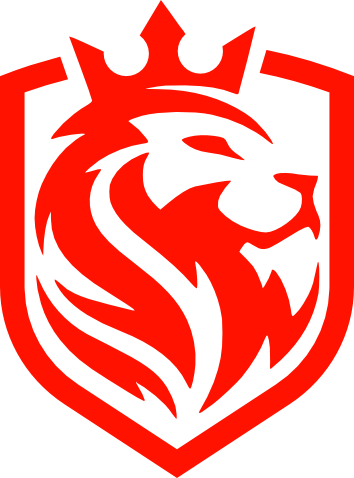Keep calm and carry on!
Today’s lesson: How to ask relevant questions in an interview.
Lesson Title
How to ask relevant questions in an interview.
Duration: 60 minutes
Level: Upper intermediate or Advancede
In this lesson, you will learn
Interviews aren’t just an opportunity for employers to evaluate potential candidates; they also provide a chance for interviewees to gauge if a company aligns with their professional aspirations and values.
Asking relevant questions.
Interviews aren’t just an opportunity for employers to evaluate potential candidates; they also provide a chance for interviewees to gauge if a company aligns with their professional aspirations and values.
One of the best ways to gain these insights is by asking thoughtful, relevant questions. In the guide below, we delve into how you can make the most of this opportunity, offering tips on how to frame your queries and suggesting questions that can provide you with valuable clarity.
Tips and advice about asking relevant questions.
Do Your Homework
Before the interview, research the company thoroughly. Familiarise yourself with its products, services, culture, and recent news. This will allow you to tailor your questions specifically to the company and show that you’ve made an effort.
Align with the Position
Ensure your questions relate directly to the role you’re interviewing for. For instance, if you’re interviewing for a marketing position, inquire about the company’s marketing strategies or campaigns.
Open-ended Questions
This type of question requires a detailed answer, not just ‘yes’ or ‘no’. It encourages deeper discussion and gives you more insight.
Listen Actively
Base your subsequent questions on the interviewer’s responses. This shows that you’re genuinely engaged in the conversation.
Here are some example questions for your interview.
Remember adapt these questions to you profile.
Questions about the specific job on offer
- What do you expect from me in this role?
- What’s the key achievement you’d like to see in the first 90 days?
- Can you describe the performance review process and its frequency?
- Against which metrics or goals will my performance be assessed?
- Could you elaborate on the initial projects I’d be handling?
- After how long will I be interacting with clients or other departments?
- How will my responsibilities evolve over the coming year?
Questions about the team and support
- What skills is the team currently lacking that a new hire might fill?
- Can you identify the major challenges of this position?
- Could you provide insight into the team I’ll be joining?
- Who will be my closest collaborators?
- With which departments will I frequently engage?
- Can you introduce my direct reports and highlight their strengths?
- How does this team support the company’s current goals?
Questions about the company’s direction and goals
- What are the company’s primary objectives right now?
- What aspect of the company’s future excites you the most?
- How would you characterise the company’s values?
- In what significant ways has the company evolved recently?
- Can you detail the company’s growth and development plans?
- What’s your perspective on how the company has transformed since you joined?
- How does this role contribute to the company’s vision?
Questions about the culture
- How do you onboard new employees, especially those working remotely?
- What often surprises new joiners about the company culture?
- Are there any recommended readings to align with company culture?
- Can you share a favourite office tradition?
- How do employees typically spend their lunch breaks?
- Do you have joint events or activities with other departments?
- What sets this company apart from your previous workplaces?
Questions about professional development and career paths
- What opportunities for learning and development are available in this role?
- How does the team ensure continuous professional growth?
- Can you provide examples of career trajectories from this position?
- What are the prevalent career paths within this department?
- How are promotions typically decided and executed?
- Where have accomplished employees transitioned to from this role?
- What prospects for advancement does this position hold?
Closing questions
- What haven’t I asked that you think is essential?
- Is there any further information I can offer you?
- Would you like any clarification about my qualifications or experiences?
- Can you detail the subsequent steps in the recruitment process?
- Are there any immediate concerns about my application?
- When can I expect feedback or updates on this interview?
- How do you foresee the successful candidate transitioning into this role?
Don’t miss your chance to ask questions in a job interview.
It’s a way to show the interviewer that you’re interested in the job and to find out if it’s a good fit for you. You don’t have to ask all of the questions in this lesson. Choose the ones that are most important to you and write them down ahead of time. This will help you remember them during the interview.
Be mindful of the interviewer’s time. If you’re running out of time, choose two or three of your most important questions to ask. You can always ask more questions later, after you have the job offer.








